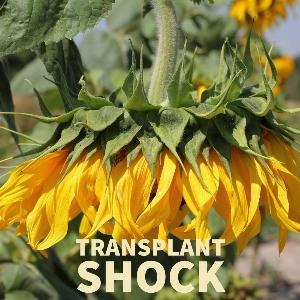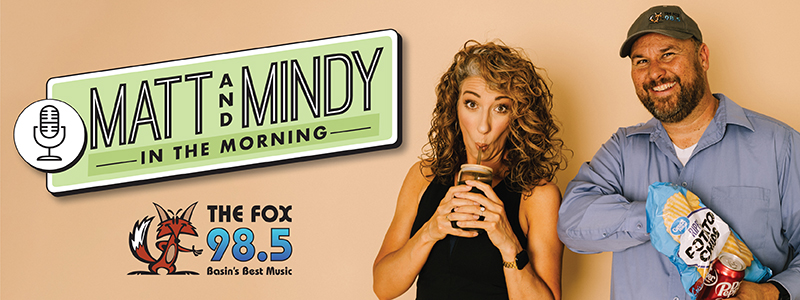Transplant shock causes flowers, vegetables, even trees and shrubs to wilt or droop, and sometimes drop some of their buds, flowers and leaves when they are transplanted. Many plants also seem to stop growing for a while immediately after transplanting. These are all due to transplant shock. Transplant shock can be caused by several things. If the plant has been used to a humid, warm greenhouse or location, and goes immediately from that to a dry, even windy or cool location, it will almost certainly suffer transplant shock and droop. Prevent this type of transplant shock, most common in garden vegetables and flowers, by letting the plant get accustomed to a new environment over a few days before planting by leaving them in their containers and putting them outside in the shade most of the day, and taking them in at night, a process called hardening off. The other major cause of transplant shock is injury to the root hairs of the plant when it is being transplanted. The tiny root hairs in the root ball absorb most of the water the plant uses. When these rootlets are damaged, they cannot take up water to send to the plant, and the plant wilts, even if the ground is wet. To prevent this, avoid planting when it is hot, especially when it is hot and windy. Try to transplant in the cool part of the day, morning or late afternoon, or on cloudy days. Also, treat the root ball with great care to avoid injury, and be sure to cover the surface roots with soil so they won’t dry out. Finally, and very importantly, use Ferti-lome Root Stimulator to promote new root hair growth. This is like plant insurance. Mix the Root Stimulator according to the label directions and pour the recommended amount of solution directly into the hole and over the root area. Or, you can set the pack of bedding plants right down in the bucket of solution and let it become saturated before you plant it. Then cover the roots with soil and water the plant thoroughly. You can repeat the application of root starter several times, according to label directions, until the plant is well established.




